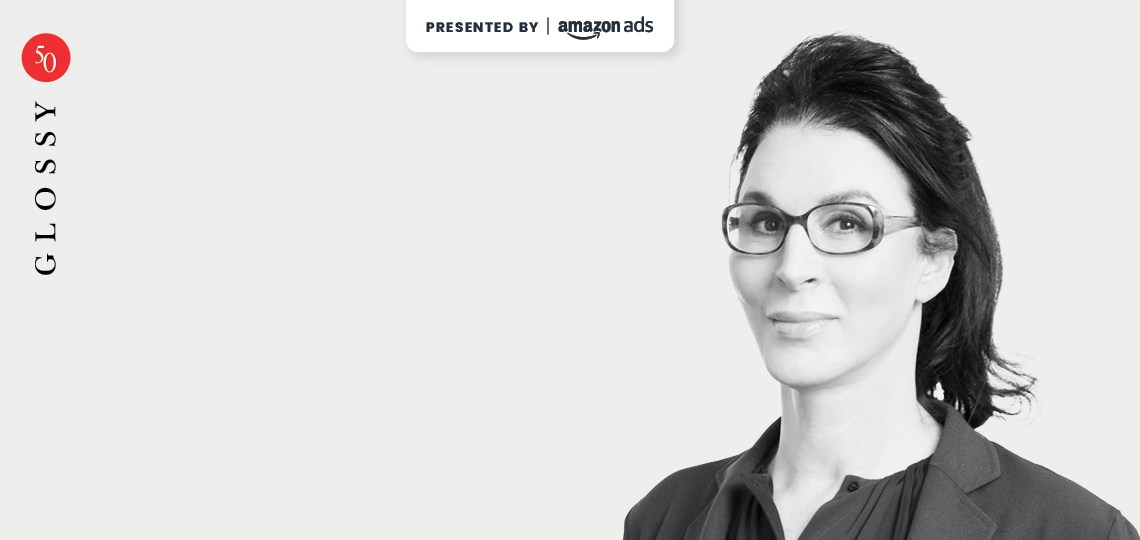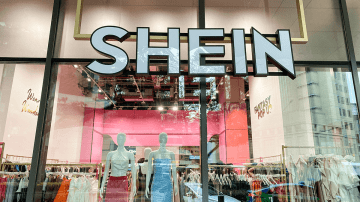The Glossy 50 honors the year’s biggest changemakers across fashion and beauty. More from the series →
The Accelerators: The leaders fueling established companies’ catapulted growth
Sue Nabi
CEO, Coty
When Sue Nabi joined Coty as CEO in 2020, the conglomerate was still coming off the highs and lows of integrating Procter & Gamble’s specialty beauty business, which it acquired in 2016. But Nabi, a long-term veteran of L’Oréal, was undeterred by the challenge ahead of her.
“I was surprised when I heard Coty was in such difficulty because, when I saw the portfolio of brands — be it CoverGirl, Rimmel, MaxFactor, Bourjois or Adidas on the consumer beauty side, or Gucci Beauty or Burberry Beauty — I said, ‘Oh, my God. For years, I was competing against these brands,’” Nabi said. “They were role models for me and brands that had everything to do with modern beauty.”
Top of mind for Nabi, was turning around CoverGirl, the iconic 61-year-old beauty brand that was a hallmark of Coty’s consumer business. Retooling CoverGirl’s brand equity was not as exacting as it looked from the outside, in Nabi’s mind. “[This is a brand that invented clean beauty, skin-ifed beauty and had a line called Simply Ageless that was about more than looking younger,” she said.
Despite pressures from Covid-19, supply chain and inflation impacting mass beauty industry-wide, Covergirl has experienced positive market gains. The brand drove Coty’s consumer business, which accounts for 43% of its sales, to net revenues of $505.5 million in the fourth quarter of 2022. Overall, Coty saw a 10% increase in net revenues to $1.17 billion.
Beyond consumer beauty, Nabi has leaned into innovation, carving out unique propositions in both luxury beauty and skin care.
Of the former, which includes Gucci Beauty, she said, “We’ve done the homework, specifically during the pandemic, to reinvent our fragrance brands into the ultimate luxury,” she said. ”These younger generations love fashion, bags, sneakers and fragrances, and we’ve decided that fragrances would be a part of our collection of very, very socially driven items.”
But skin care may be Coty’s big long-term play. Having launched her own luxury, sustainable skin-care brand, Orveda, in 2014, Nabi has been focused on the company’s new guard of skin-care brands, including Kylie Jenner’s Kylie Skincare and SKKN by Kim Kardashian, which launched this summer. Furthermore, Nabi is bringing more skin-care qualities to CoverGirl, relaunching Philosophy, another hero brand in the skin-care business, and putting more attention on Lancaster, a leader in skin and sun protection. She plans to use Lancaster’s ties to Grace Kelly and the royal family of Monaco to story-tell.
Nabi assured that 2023 will be an exciting year for Coty since the company is dubbing it the “year of skin care.” She said Coty is on track to double its skin-care sales to between $500 million and $600 million by fiscal year 2025.
Turning Coty around is not simply about its brands and products, but also looking inward at its people and practices. Nabi said that’s the key to ensuring the company’s momentum lasts.
“I love to say intuition is intelligence that takes a shortcut. This was an eye opener for many people inside the company, because a lot of people were censoring their intuition,” she said.
”When you live in companies where there is PowerPoint 10 hours a day, intuition disappears. You become a reader of PowerPoint. We would like to bring back the ability to use intuition and the power of co-creation. These are things we’re putting at the center of the company. This company is all about forward thinking, fearlessness, bravery and being obsessed with distinctiveness.
Click here to see all 2022 Glossy 50 honorees.




